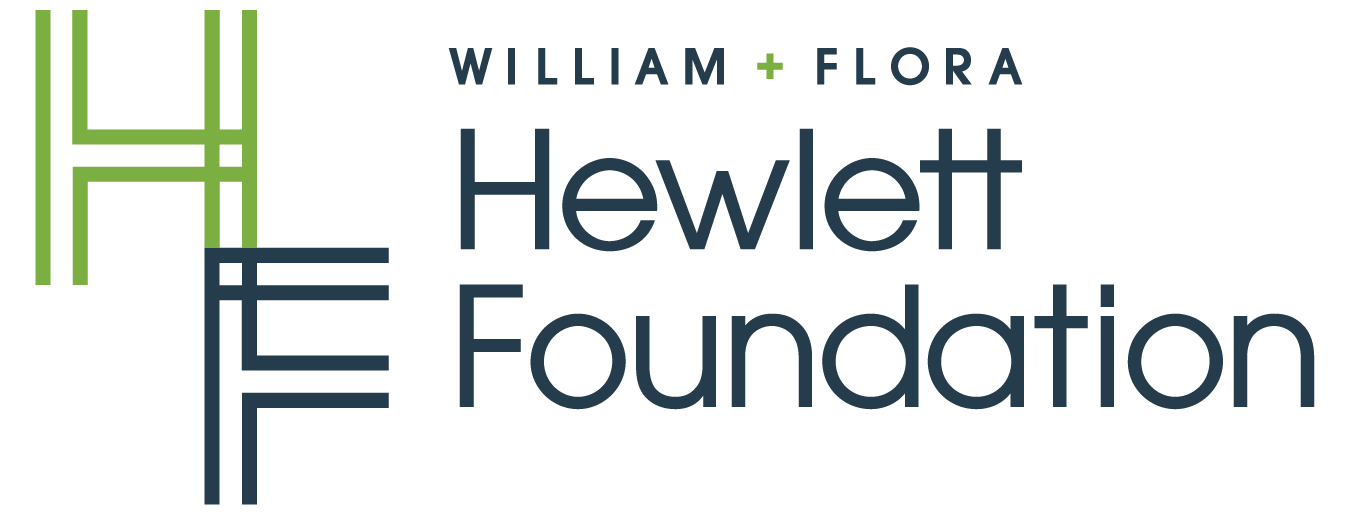
News & Events
Workshop | August 2024
Workshop: An International Perspective on Gender Disparities in Employment Security
 .
. .png)

VIEW THE PROGRAM
Levy Scholars presenting at the workshop include:
- Senior Scholar Ajit Zacharias: Old-age income (in)security in Ghana and South Africa: trends and prospects
- Senior Scholar Thomas Masterson: Methodological aspects
- Research Scholar Aashima Sinha: Introduction to Employment Security: Overview, Indicators and Measures
Globalization and the shift to structural adjustment policies in the global south and to supply-side policies in the global north have impacted labor market regulations and standards. Enterprises have responded to increased competition brought about by trade liberalization and economic instability by introducing measures to reduce fixed labor costs. Labor market regulations have been weakened and with them, employment security. There has been an increase in fixed-term contracts and agency workers, raising concerns about a growing incidence of precarious employment and lack of employment security. Employment security connotes certainty about being employed for a long period of time and the certainty of gaining new employment when previous employment in an income-generating activity comes to an end. It also implies that the quality of the new employment will be no worse, if not better, than the previous employment. In the context of formal jobs, security is sometimes reflected in written, open-ended job contracts. For self-employed or unpaid family workers, employment security may be understood as earnings stability (including growth). Income security during retirement depends on employment security, earnings, and decent work conditions that provide social security and a pension. An important question is to what extent existing conditions of employment and the old age benefits system provide an adequate living standard for the elderly.
In the rapidly evolving landscape of economic insecurity and the associated uncertainties, understanding the gendered dimensions is crucial for creating inclusive policies and frameworks. Economic security—encompassing aspects like employment security, income adequacy, and access to social safety nets—varies significantly across genders due to systemic inequalities. Women face unique challenges such as gender pay gaps, disproportionate caregiving responsibilities, occupational segregation into informal activities, pension inequality, and barriers to financial inclusion, all of which contribute to making them vulnerable to employment insecurity and perpetuating gender disparity in lifetime earnings.
The upcoming workshop in August 2024, titled “An International Perspective on Gender Disparities in Employment Security,” will serve as a pivotal gathering to address these aspects, bringing together insights from a diverse group of researchers and policymakers.
The workshop is the midway event of the Hewlett Foundation–funded project, “Gendered Aspects of Economic Security.” The sessions will include presentations by team members from the Levy Economics Institute, University of Ghana, and University of Stellenbosch on the progress of the project, including the background and motivation, the literature review, and the potential data sources and modeling strategy. In addition, the event will include presentations by other scholars related to the broad research themes addressed in our project. Finally, there will be a policy roundtable segment with a select group drawn from academia, senior government officials from the relevant ministries or agencies, representatives of civil society, and multilateral organizations.
The discussions will revolve around the following themes:
- An Introduction to the Project on Employment Security and Lifetime Earning
- Employment Legislation, Trade Unions, and Employment Security
- Empirical Evidence on Gender and Employment Security in Ghana and South Africa
- Social Security and Pensions: Ensuring Income Security for Women and Men in Old Age
Upcoming Events
June
16–20
2025
June
16
2025
April
8
2025
Oct
11–31
2023